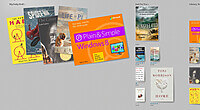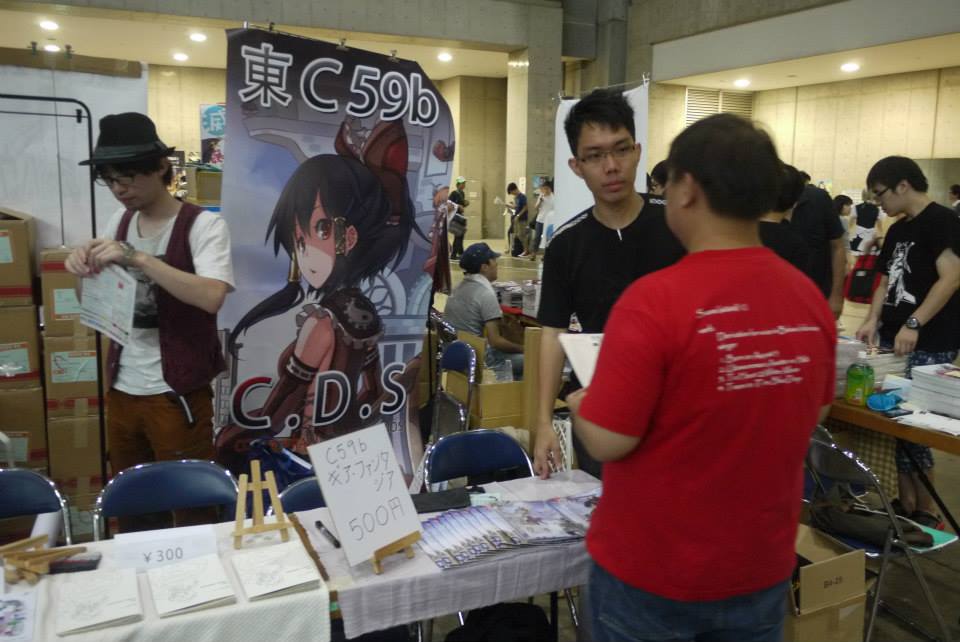Aspiring young novelists in North America often get their start by writing fan-fiction and developing a ravenous following on websites such as Wattpad. If they have very a large fan-base, its quite easy to get a publishing deal, if not, self-publishing is a viable career choice. In Japan things are quite different and fan-fiction authors are the target of a new multi-national copyright law.
In Japan when someone creates fan-fiction based on anime, manga or light novels they are known as “Doujinshi”. This status is a proving ground for new artists, who can create a name for themselves through their self-published works and eventually make the leap from amateur to pro. The country’s biggest geek event, Comiket, is centered around doujinshi. Fans line up to buy independently produced parodies of famous manga and starring popular characters.
Traditionally Doujinshi got a free pass by the copyright holders, knowing it’s where future manga artists often get their start. This all might change due to a new copyright law by the Trans-Pacific Partnership, which is a proposed trade deal with twelve countries participating, including the U.S., Canada, Mexico, Japan, South Korea, Taiwan, the Philippines, Thailand, Australia, and Colombia, among others.
Under the new trade law a 3rd party could file a copyright dispute against a young manga artist and win. Right now under Japanese law, a local publisher has to file a grievance, which rarely ever happens. What is amazing about this situation is that a prospective dispute bypasses the rights holder.
Manga artist Ken Akamatsu, who started out in the amateur comic market scene, is uneasy about the proposed changes. “If creators can be prosecuted without complaints from rights holders, it could lead to some kind of snitching battle between fans,” he said. “Places for people to share their work will also disappear.”
Michael Kozlowski is the editor-in-chief at Good e-Reader and has written about audiobooks and e-readers for the past fifteen years. Newspapers and websites such as the CBC, CNET, Engadget, Huffington Post and the New York Times have picked up his articles. He Lives in Vancouver, British Columbia, Canada.

